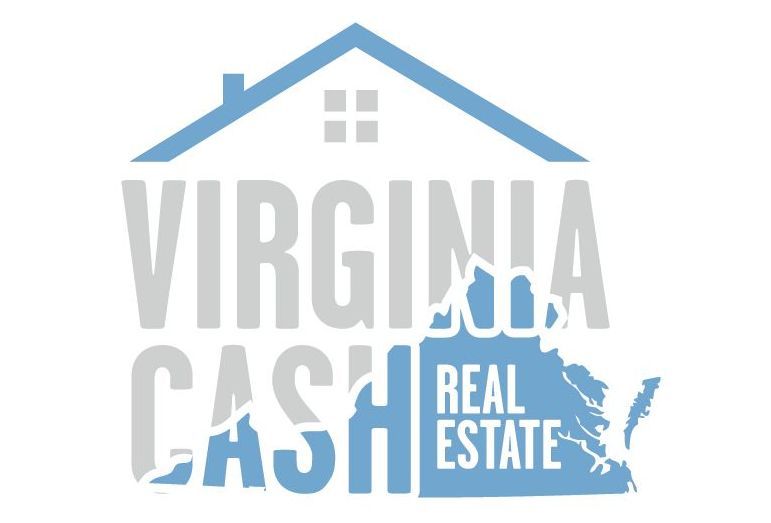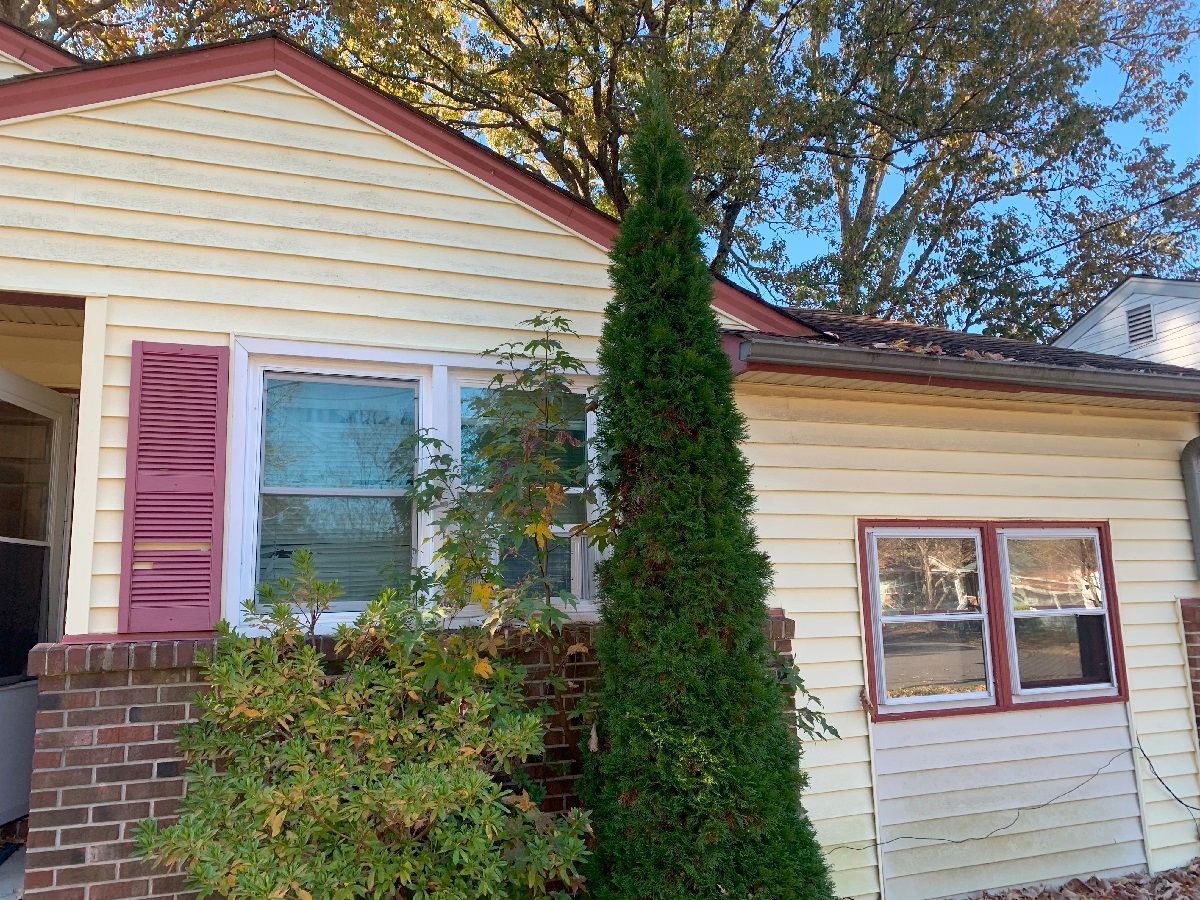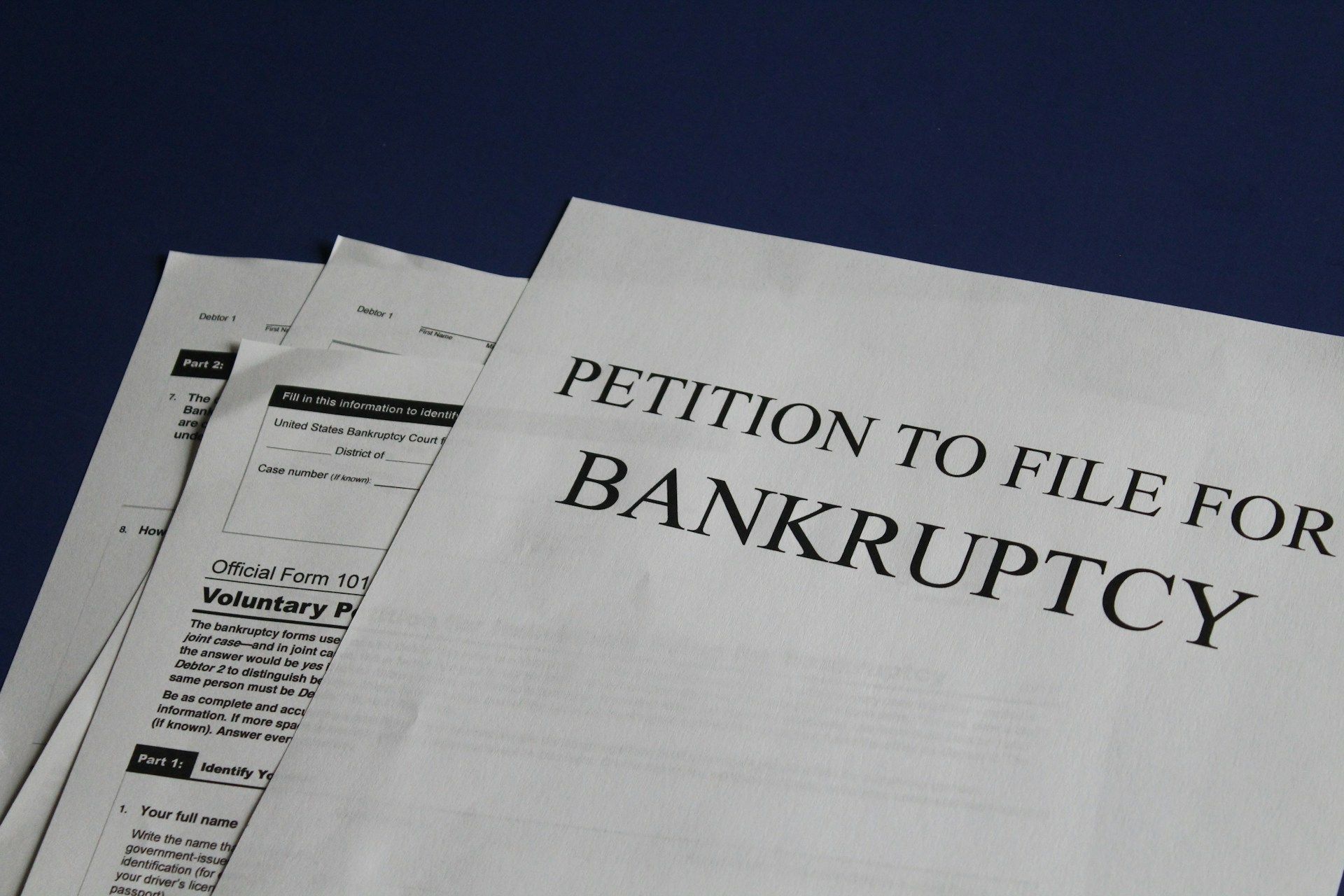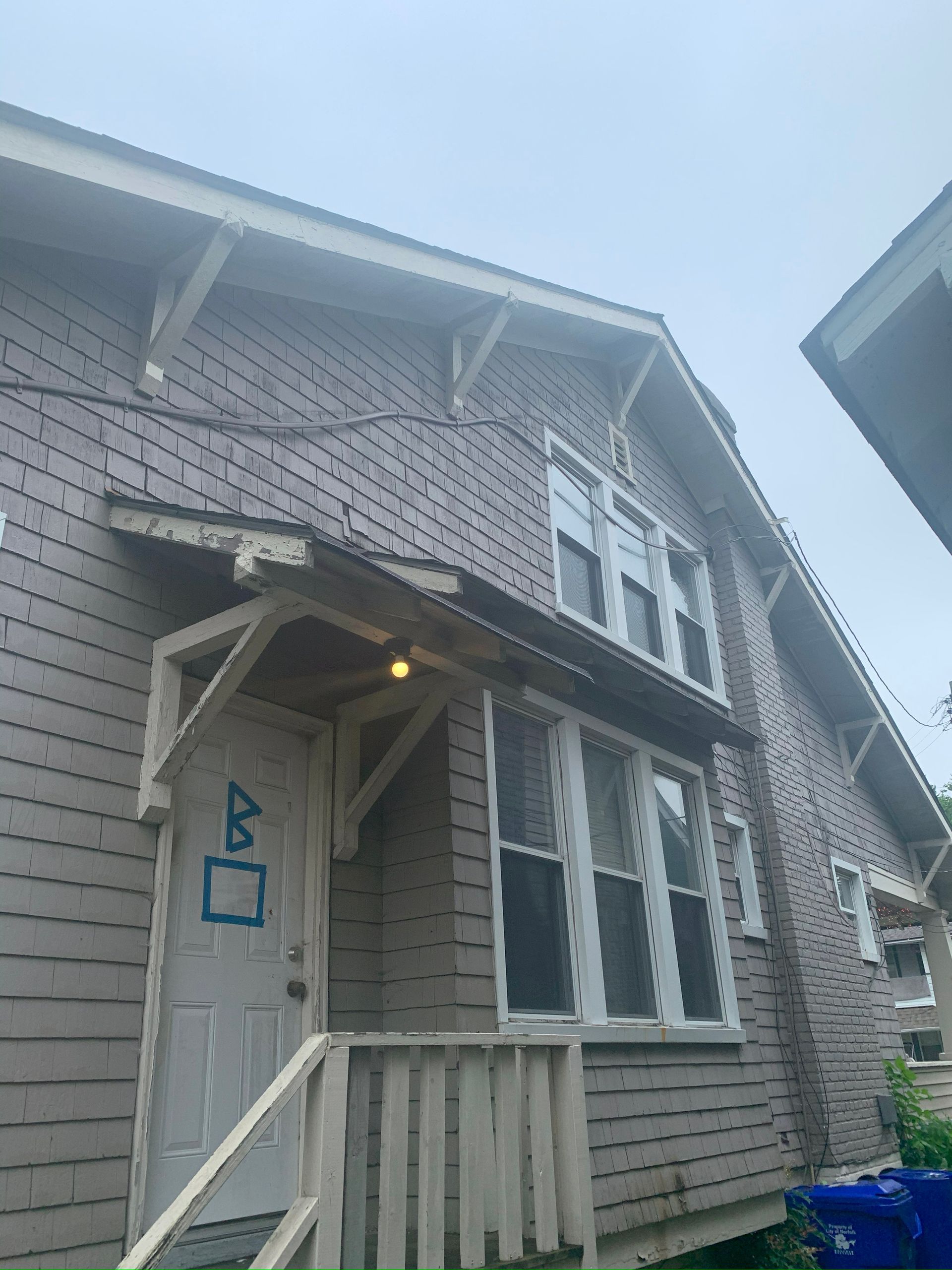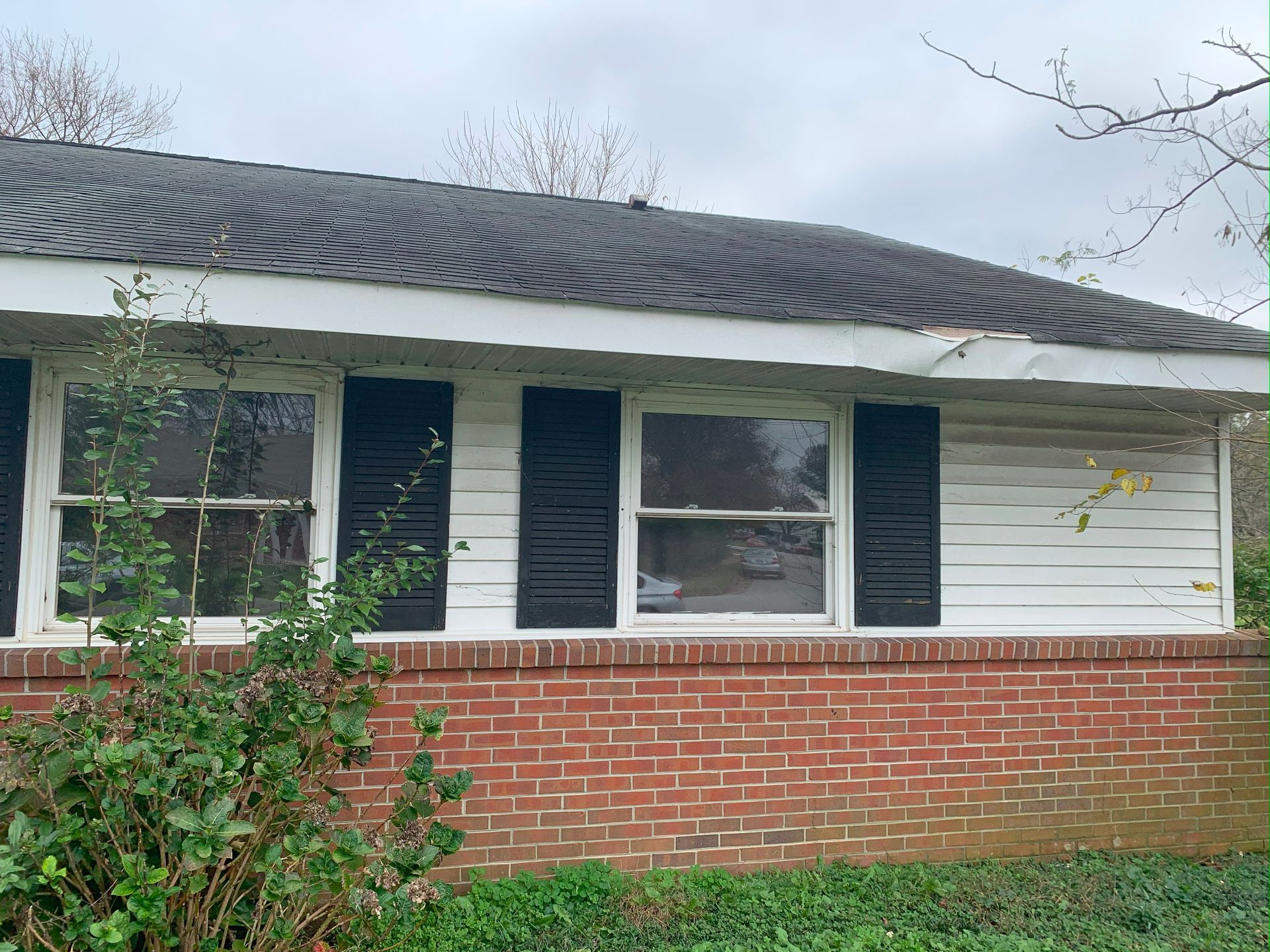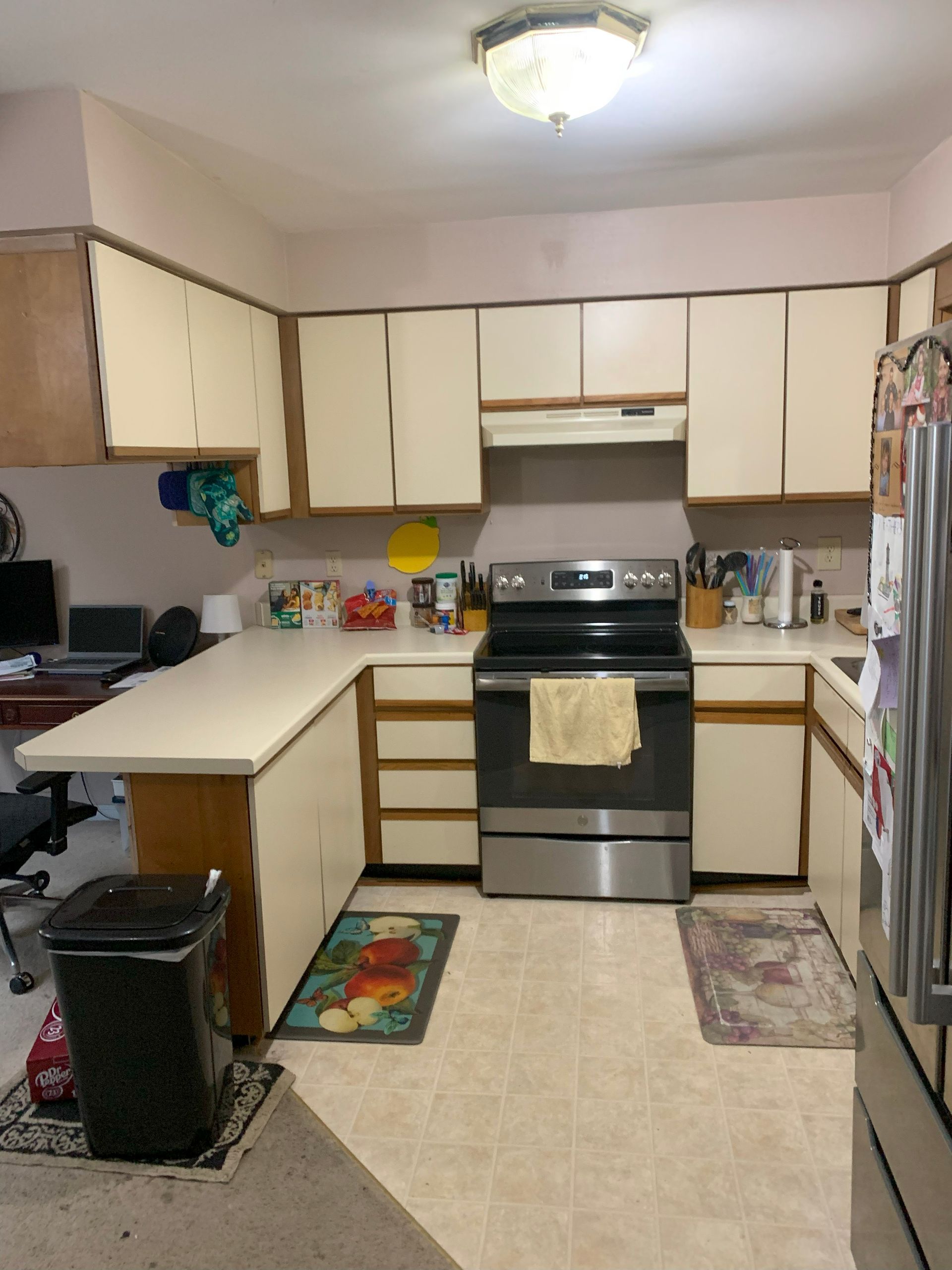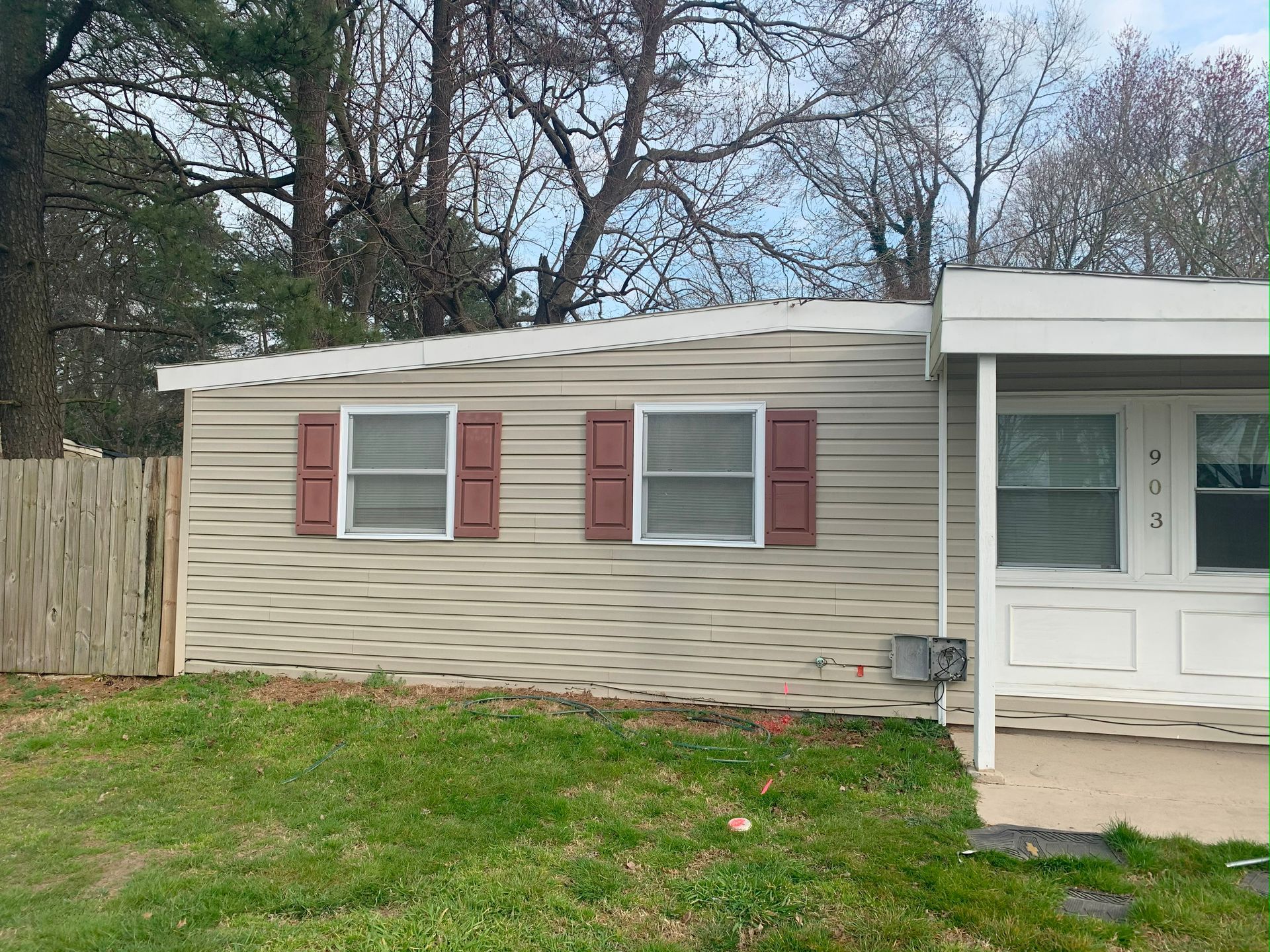Navigating Foreclosure: A 6-Step Guide to Understanding the Process
Foreclosure may be an overwhelming and distressing process for homeowners. If you're facing foreclosure, you should grasp the procedure and your choices. Here are the essential steps in the foreclosure process and how to manage this difficult circumstance.
Step One: Understanding Foreclosure
Foreclosure is a legal process in which a lender seeks to recover the remaining balance of a loan from a borrower who has stopped making payments by forcing the sale of the asset used as security. Simply put, it is the process by which a lender takes control of a property after the homeowner fails to meet the financial responsibilities stipulated in the mortgage contract.
The we buy houses Virginia Beach can initiate foreclosure proceedings when a borrower fails to make mortgage payments. This usually begins with the lender issuing the borrower a notice of default, telling them they have breached their loan arrangement. If the borrower fails to resolve the default, the lender may proceed with a foreclosure sale, also known as a sheriff's sale or auction, in which the property is auctioned to the highest bidder.
The proceeds from the foreclosure auction are used to pay off the loan's outstanding balance, plus any fees spent during the foreclosure procedure. If the selling proceeds do not cover the entire amount owing, the lender may seek a deficiency judgment against the borrower to recover the remaining debt.
Because foreclosure laws vary by state, the specific process and timeline will differ based on the property's location. Borrowers facing foreclosure should understand their rights and alternatives, including negotiating a repayment plan with the lender, requesting a loan modification, or selling the home through a short sale to prevent foreclosure.
Throughout the foreclosure process, many lenders will attempt to make arrangements for the borrower to get caught up on the loan and avoid foreclosure. If there is a chance the borrower can catch up on payments—for instance, they just started a new job following a period of unemployment—it is worth speaking to the lender in hopes of making arrangements or modifying the current loan. (1)
Step 2: Notice of Default
A Notice of Default is a formal document a lender sends to a borrower when they fail to make the required loan or mortgage payments. It serves as a warning that the borrower risks losing their property or experiencing other repercussions if they do not take measures to correct the issue. The Notice of Default typically includes information such as the amount outstanding, the payment due date, and the steps the borrower must take to prevent additional action from the lender.
Step 3: Pre-foreclosure Period
The pre-foreclosure period is the time after a homeowner has missed mortgage payments but before the property is officially foreclosed on. During this time, the homeowner can correct the default by paying off the outstanding debt, selling the property, or negotiating a modification of the loan terms with the lender. This step is crucial for homeowners to investigate options for avoiding foreclosure and retaining property ownership.
Step 4: Foreclosure Auction
A foreclosure auction is a public sale of a property repossessed by a lender, usually a bank, due to the owner's failure to pay the mortgage. The we buy houses in Virginia Beach Virginia objective is to recover the mortgage loan's unpaid sum. A sheriff or other court-appointed official typically holds foreclosure auctions, which might provide investors or homebuyers an opportunity to buy homes at possibly reduced costs. However, there are hazards to consider, such as the property being sold "as is" with no warranties concerning its condition and the likelihood of existing liens or encumbrances. Anyone considering participation in a foreclosure auction should extensively investigate the property and the auction procedure and get professional guidance as needed.
Step 5: Real Estate Owned (REO) Property
Real Estate Owned (REO) property is real estate that is owned by a lender, usually a bank, following an unsuccessful foreclosure auction. When a borrower fails to repay a mortgage loan, the lender may commence foreclosure procedures to recover the outstanding balance. If the property does not sell at auction, it becomes a REO property, and ownership is returned to the lender.
Lenders frequently attempt to sell REO homes to recover as much of the remaining loan balance as feasible. These properties are generally sold below market value, creating possibilities for buyers and investors. However, purchasing an REO property can be difficult, as the property is sold "as-is" with no warranties, potential liens, or other concerns that must be rectified.
Investing in REO homes can be a feasible alternative for people wishing to buy real estate at a possibly lower price. Still, it is critical to undertake full due diligence and engage with experienced professionals in the REO purchasing process.
Step 6: Eviction
If the homeowner does not leave the property voluntarily, the lender may begin eviction proceedings to remove them.
Tips for Navigating Foreclosure
Navigating foreclosure can be a difficult and stressful process. Here are five suggestions to help you negotiate this process:
- Understand Your Options: It is critical to understand the many options accessible to you while facing foreclosure. These may include loan modification, refinancing, short sale, or deed instead of foreclosure. Each choice has its own set of restrictions and implications, so consult with a we buy houses in Virginia Beach housing consultant or attorney to identify the best course of action for your specific case.
- Communicate with Your Lender: Open and honest communication with your lender is essential. Inform them of your financial condition and any difficulties in making mortgage payments. Your lender can help prevent foreclosure by offering assistance or arranging a payment plan.
- Stay Informed: Learn about the foreclosure procedure in your state. Each state has its unique foreclosure rules and schedules, so it's crucial to understand what to expect. Understanding the process will allow you to make more informed judgments and take the appropriate precautions to safeguard your interests.
- Seek Legal Advice: Foreclosure rules are complicated, and it can be difficult to navigate them with adequate legal advice. Consider speaking with a foreclosure attorney, who can explain your rights, options, and the potential implications of foreclosure. An attorney can also help you understand any documents or agreements you may be required to sign.
- Explore Alternatives: In addition to your sell my house fast Virginia Beach options, there may be additional alternatives to foreclosure. For example, you could be eligible for government aid programs or community services to help you prevent foreclosure. Researching and investigating these possibilities will help you get more support and direction during this challenging time.
Navigating foreclosure can be difficult, but with the correct information and help, you can make informed decisions and safeguard your home and financial future.
To summarize, managing foreclosure can be difficult, but understanding the process and examining your choices will help you make informed decisions and regain control of your circumstances. If you are facing foreclosure in Virginia Beach, VA, consider contacting a house cash buyer for a speedy and stress-free transaction.
